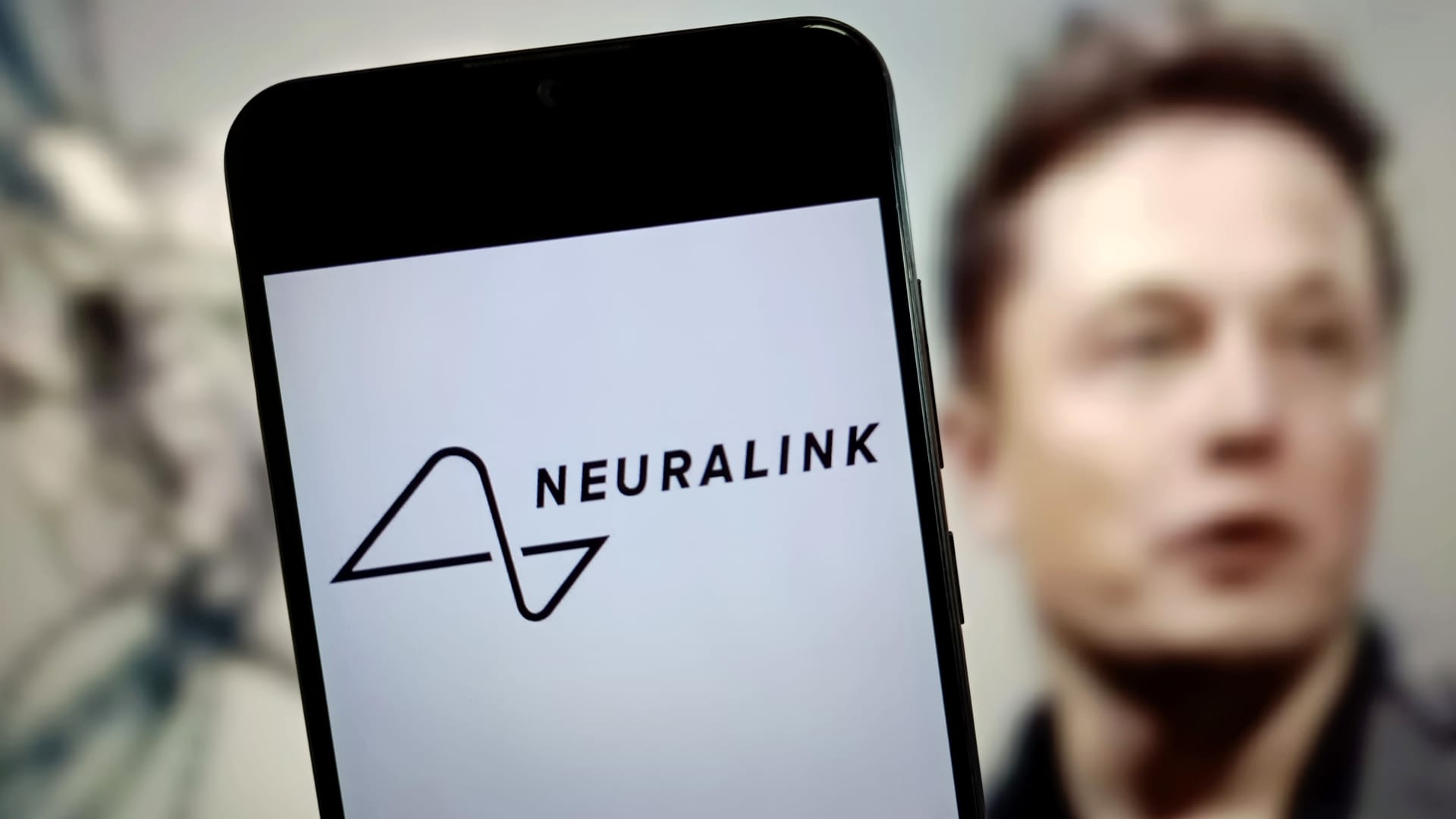Apple is holding its annual iPhone event on Tuesday, the company’s seventh virtual launch in a row due to the ongoing pandemic. The company is expected to introduce new iPhones and updates to its AirPods and Apple Watch, according to analysts.
Apple’s hype-filled fall launches are a signature quirk of the company. They garner worldwide media attention, millions of viewers on YouTube and Apple’s website, and set the stage for a holiday season marketing blitz when Apple’s sales are the highest.
All of Apple’s product segments have been on a tear this year as people continue to work from home. Last quarter, iPhone revenue was up 50% year-over-year, Mac revenue was up 16% year-over-year and iPad revenue was up 12% year-over-year. Its “other products,” business which includes devices like watches and AirPods, was up 40% year-over-year. Apple can keep the momentum going with a fresh slate of new products ahead of the holidays.
Last year, due to Covid, Apple revealed its new watches in September and then followed that event with an October iPhone 12 event. The iPhone 12 introduced an all-new design and 5G.
New iPads and MacBooks Pro laptops are due for an update this fall, too. It’s unclear whether Apple will pack all of its fall launches into one release event or if it will spread them out over multiple streaming events as it did last fall.
Here’s what Apple could launch on Tuesday.
iPhone
Apple’s most important product is the iPhone, accounting for half of Apple’s 2020 sales. The company has announced new models every September since 2012, until last year when iPhones were revealed in October.
In 2020, Apple released four iPhone models: a smaller $599 iPhone 12 mini, the $829 iPhone 12, the higher-end $999 iPhone 12 Pro and the $1,2099 iPhone 12 Pro Max. All of the iPhone 12s came with 5G connectivity and a new, more squared-off design.
Expect this year’s lineup to be similar to last year’s with the same screen sizes and prices. Research from TF Securities analyst Ming-Chi Kuo, a leading Apple analyst, suggests the big change this year could be a smaller notch cutout at the top of the iPhone’s screen, which holds the device’s facial recognition cameras. The size of the notch has remained the same since it was introduced in 2017.
The new iPhones could also have bigger batteries and a slightly heavier weight thanks to a new internal-space-saving design, according to Kuo. In previous years, new iPhones have come with camera and processor upgrades, and that’s almost certain to happen this year, according to Kuo.
We don’t know yet what Apple will call the new iPhones. Apple has named some previous devices “S” devices, which signify that they mainly have internal changes, which would fit in with this year’s expectations. That means it could be called the iPhone 12s, or it could be named the iPhone 13 if Apple decides the changes are enough to warrant it. We don’t know yet.
Apple Watch
Apple has released new Apple Watch models every September since 2016. It’s a key product in Apple’s wearables business, which accounted for 11% of Apple’s 2020 sales.
Last year, Apple introduced the high-end Series 6 and the mid-range Apple Watch SE. This year’s high-end Apple Watch is likely called the Apple Watch Series 7. Kuo predicted last year that the 2021 models would be a “significant form factor design change.”
The design will also include a slight increase in screen size, according to Bloomberg News, which would be equivalent to 16% more pixels on the watch’s display. Bloomberg said Apple will introduce new watch faces to take advantage of the larger screens, including one that would allow a user to see all 24 time zones simultaneously.
Some Apple Watch models may be in short supply due to production issues. Nikkei Asia said this month Apple delayed manufacturing because of assembly challenges. The report also suggested Apple could add blood-pressure sensing this year, but The Wall Street Journal said and Bloomberg have said the feature won’t come this year. Apple declined to comment on Watch production.
In past years, when Apple has had issues producing millions of devices ahead of a launch, it delayed the release date by weeks or months after the launch presentation. In 2017, for example, it announced the iPhone X in September but didn’t ship it until November.
AirPods
AirPods are a key component of Apple’s wearables business, which accounted for over $30 billion in annual revenue in 2020, a 25% increase over the year before.
Although the product is growing in importance to Apple, the company hasn’t launched new AirPods since October 2019 when it introduced the higher-end AirPods Pro with a new design and noise canceling. The most recent regular $159 AirPods, without noise canceling, were announced in March 2019.
In a note to investors over the weekend, Kuo said Apple will launch new AirPods 3. He said Apple may continue to sell the current AirPods at a lower price. The re-design will likely make the AirPods look more like AirPods Pro, with a wider case and shorter stems, according to Bloomberg.
iPad
If Apple announces new iPads, it will emphasize how important the product has become for the company as the Covid-19 pandemic forced people to work and learn from home and driving a boost in computer sales.
In the three quarters reported so far in Apple’s fiscal 2021, the company has reported $23.6 billion of iPads revenue, over a 39% increase from the same period last year.
Apple last updated the iPad Air, a mid-range option, with an edge-to-edge screen in September 2020. Apple’s also updated the chip in its least expensive iPad, a $329 tablet which it simply calls iPad, at the same event. Those are due for a refresh this fall, though it’s unclear if that will happen on Tuesday or at a second event. But the iPad Mini, last refreshed in March 2019, is most overdue for a refresh.
The iPad Mini could be getting a redesign by the end of the year to make it look more like its siblings, according to Bloomberg. The report said it won’t have a home button and will have a more square design like Apple’s iPad Air and Pro. That means it could have a fingerprint reader in the power button like the iPad Air, or Face ID like the iPad Pro.
Everything else
This is a product event, so don’t expect any commentary from Tim Cook on recent controversies including its plan to scan iCloud uploads for illegal material, the recent mixed decision in the App Store lawsuit against Epic Games, or thoughts on the company’s decision to delay a return to in-office work until next year.
However, Apple sometimes uses its iPhone launches to highlight non-product projects the company is working on, such as its efforts to become carbon neutral across its supply chain in the next 10 years.
If Apple talks about its climate efforts, expect VP Lisa Jackson to address the audience. Past events also have included musical guests or celebrity appearances.
Apple sometimes releases new services at fall launches, such as Apple One, its bundle of subscription services, which launched last year. But the big update to iOS is announced in June, at the company’s developer conference, and is typically released to everyone in the fall.
There’s another wildcard. Apple’s biggest, fastest MacBook Pro laptop, the 16-inch model, hasn’t been updated since November 2019, and still sports Intel processors even as the company moves to its own chips in laptops and desktops.
However, in the past decade, Apple hasn’t launched new Mac computers at the same event as new iPhones. There may be a separate event in October or November if new Macs are in the fall pipeline.


